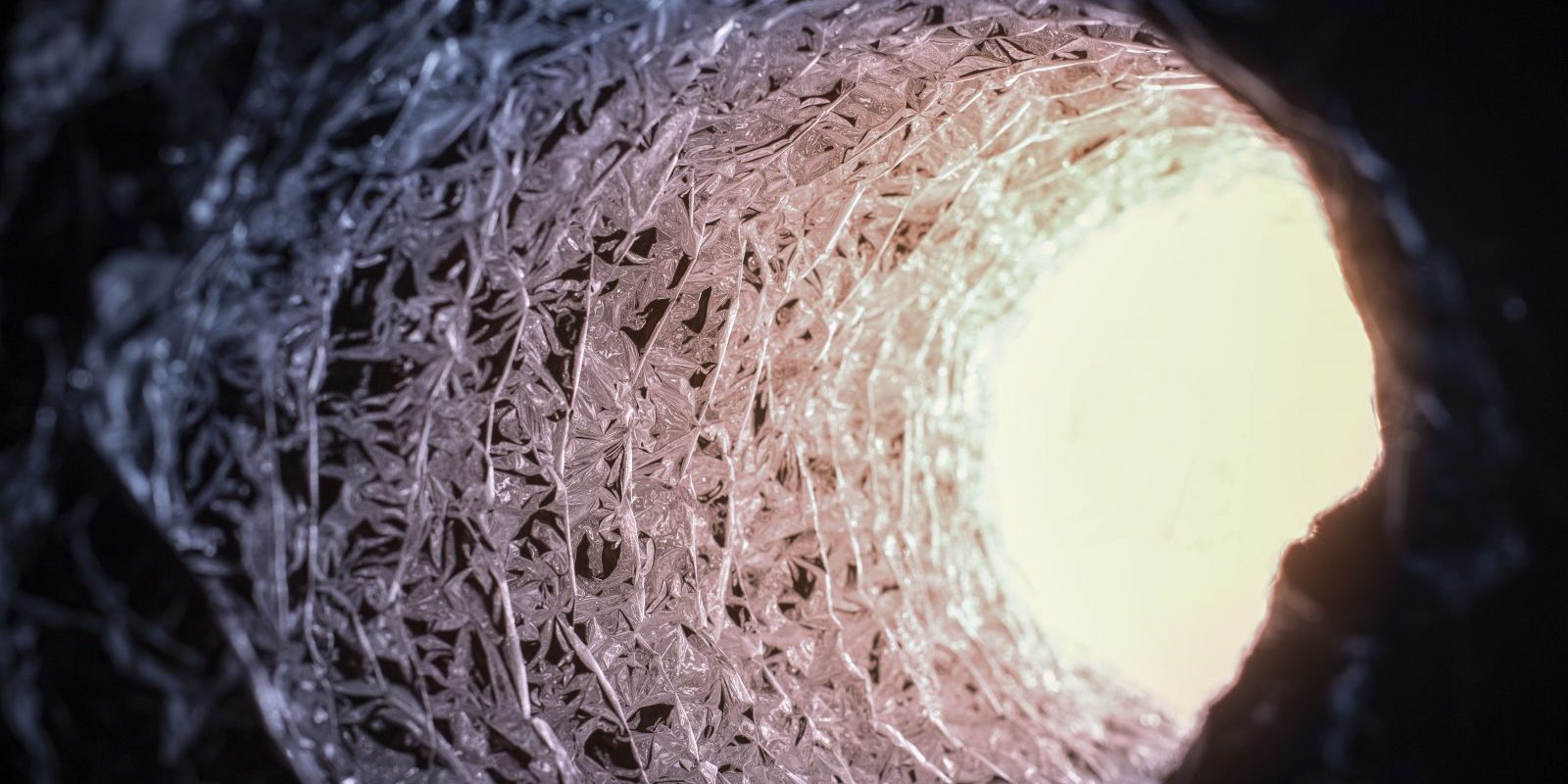 by Blake M. Bernard, COO, The SoRite Company
by Blake M. Bernard, COO, The SoRite Company
According to the EPA, there are only three known reasons to have your air ducts cleaned, along with a LOT of information about what they don’t know regarding air duct cleaning.
3 Reasons To Clean
Let’s first get to the three known reasons for having your air ducts cleaned.
- Your ducts are infested with rodents or insects.
- Ducts are clogged with excessive amounts of dust and debris and particles are actually being released into your home or workplace from your supply registers.
- There is substantial visible mold growth inside sheet metal ducts or other components of your heating and cooling system.
It makes sense that any of these three issues would warrant a thorough cleaning—preferably by a licensed, reputable duct cleaning specialist—and someone who can help determine the underlying cause of the problem. Air ducts don’t normally attract vermin or excessive amounts of dust or mold.
It is normal for some dust or dirt to make its way into your air ducts, but not enough to affect indoor air quality. However, if you have a leak or broken seals, for example, you can end up with a problem, and those issues need to be addressed before cleaning.
HVAC Maintenance
While the EPA suggests that little evidence exists to indicate that having your air ducts cleaned will increase your HVAC system’s efficiency, NADCA (The HVAC Inspection, Cleaning and Restoration Association) claims the opposite.
NADCA reports that “clean, efficient systems are less likely to break down, have a longer life span and generally operate more effectively than dirty systems.” And the EPA does agree that “some research suggests that cleaning dirty cooling coils, fans and heat exchangers can improve the efficiency of heating and cooling systems.”
Another government organization, the Department of Occupational Health & Safety (DOHS) recommends the following ways to prevent duct contamination:
- Perform routine preventive maintenance on HVAC systems according to manufacturer’s recommendation for changing HVAC filters, cleaning coils and other components
- During renovation, seal ductwork to prevent construction dust and debris from entering the system
- Practice good housekeeping, especially if you have pets
- Ensure air intakes are located away from contaminant sources
- Consider routine inspection of ductwork
When Having Air Ducts Cleaned Is Appropriate
If duct cleaning is determined to be the best option, hire a cleaning contractor who is in good standing with the NADCA. All NADCA members must have certified Air System Cleaning Specialists (ASCS) on staff who have taken and passed the NADCA Certification Exam. And NADCA members have signed a code of ethics stating they will do everything possible to protect the consumer and follow ACR, the NADCA Standard, for cleaning to the best of their ability.
You can find a NADCA professional here.
In all cases, duct cleaning should be performed only after the source of the contaminant has been identified and controlled.
What To Expect
The service provider should:
- Inspect the system before cleaning to be sure that there are no asbestos-containing materials as these would require procedures performed by specially trained and equipped contractors.
- Open access ports or doors to allow the entire system to be cleaned and inspected.
- Use vacuum equipment that exhausts particles outside of the home or use only high-efficiency particle air (HEPA) vacuuming equipment if the vacuum exhausts inside the home.
- Protect carpet and furnishings during cleaning.
- Use well-controlled brushing of duct surfaces in conjunction with vacuum cleaning to dislodge dust and other particles.
- Use only soft-bristled brushes for fiberglass duct board and sheet metal ducts internally lined with fiberglass. (Although flex duct can also be cleaned using soft-bristled brushes, it can be more economical to simply replace accessible flex duct.)
- Take care to protect the duct work, including sealing and re-insulating any access holes the service provider may have made or used so they are airtight.
- Follow NADCA‘s standards for air duct cleaning and NAIMA‘s recommended practice for ducts containing fiber glass lining or constructed of fiber glass duct board.
For more information about having air ducts cleaned, we encourage you to read all of the information in this EPA guide.










